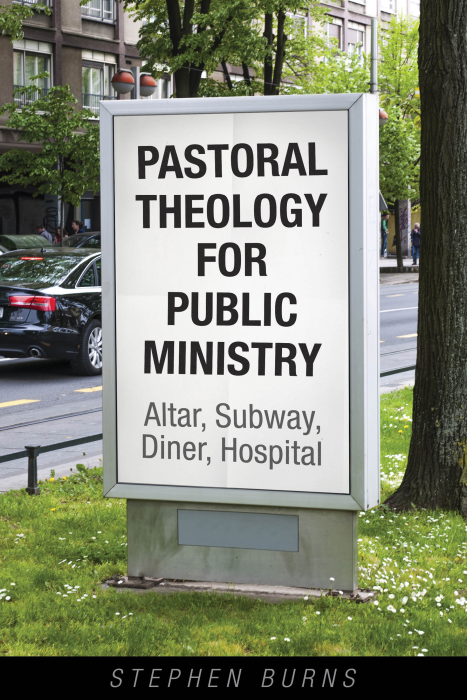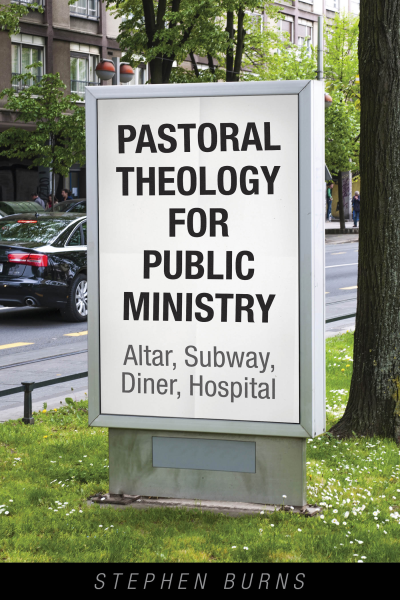Biblical Studies & Theology
Biography / Memoir
Church Supplies & Gifts
Curriculum & Faith Formation
En Español
Gender Studies / LGBTQ
Health and Wellness
Leadership
Liturgy & Worship
Prayer and Spirituality
Series
The Episcopal Church / Anglicanism
The Way of Love

Stephen Burns
Seabury Books
Oct/2015, 160 Pages, Paperback, 6 x 9
ISBN: 9781596272644
What does it mean to be engaged in Christian ministry in a shifting spiritual and religious landscape? Stephen Burns invites readers to think anew about the distinctiveness of public practices of pastoral presence. Rather than narrowly defining pastoral care and pastoral theology (pastoral counseling, preaching, youth groups, visits to elders, etc.) and theological academic categories (history, pastoral theology, liturgy, ethics and contemporary sociology), he argues for a new imagination and practice of pastoral presence – a presence that is representative, public, integrated, and expansive.
Study guide included.
Stephen Burns is Professor of Liturgical And Practical Theology, Pilgrim Theological College, University of Divinity, Melbourne, Australia. He is a priest in the orders of the Church of England, who studied theology at the universities of Durham (BA, MA, PhD) and Cambridge (MLitt), specializing in sacramental and liturgical theology. He lives in Melbourne, Australia.
"Stephen Burns does in this book what Anglican theologians do best. He draws together disparate themes and sets them in harmony, point and counterpoint, in such a way that the whole range of pastoral practice and care comes into focus. It has been said that the ideal Anglican clergyperson is liberal in the study, evangelical in the pulpit, and catholic behind the altar. Learning from Burns, we might be able to add that she is a whole person at the bedside."—The Rev. Jason Ingalls, President of the Board, The Scholar-Priest Initiative

